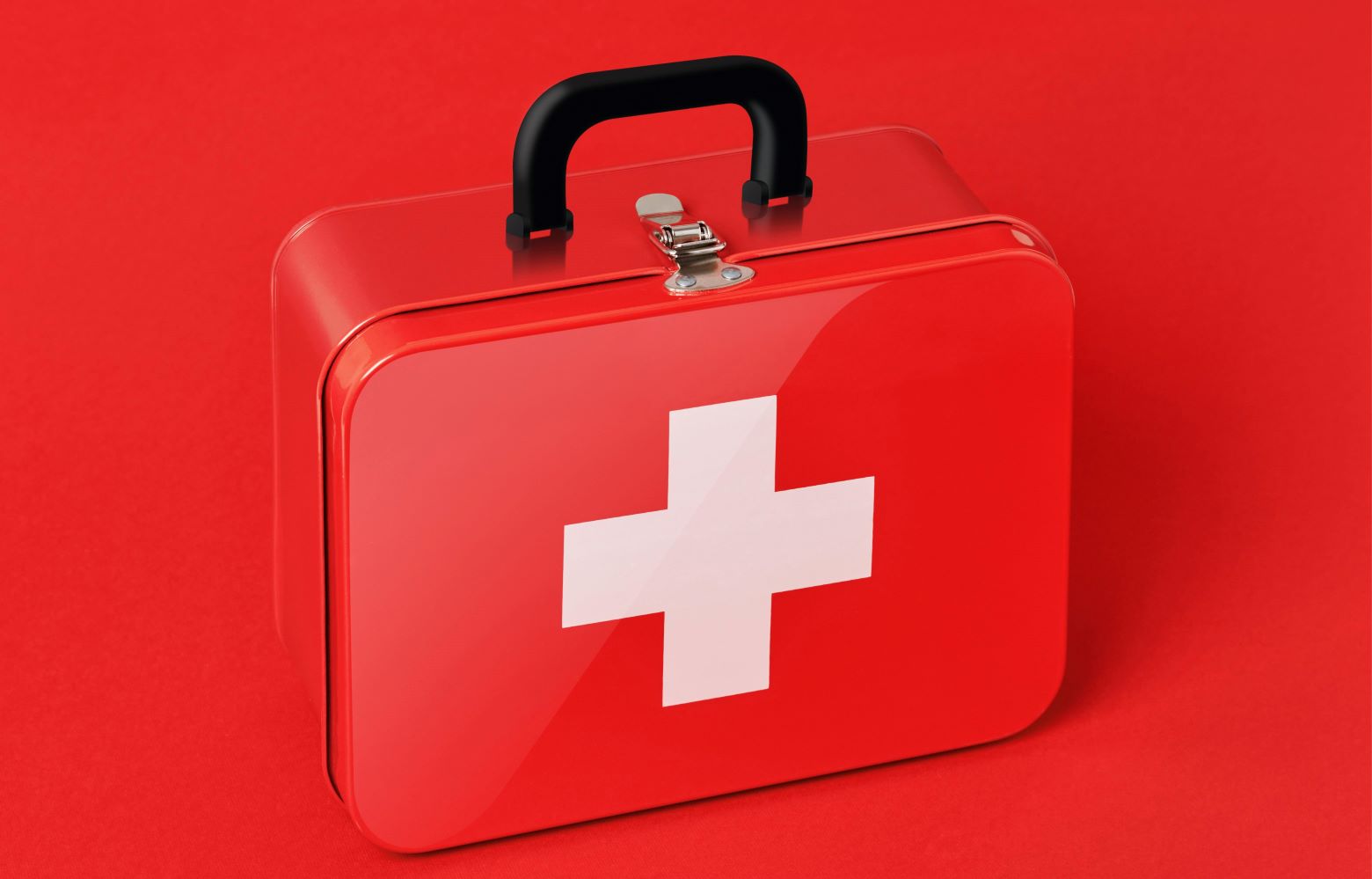Introduction
In the ever-evolving landscape of healthcare, one important skill stays constant: the capacity to carry out Cardiopulmonary Resuscitation (CPR). For health care experts, being equipped with CPR certification is not just a governing need; it's a moral imperative. This article explores "The Importance of CPR Accreditation for Health Care Professionals," clarifying its vital role in saving lives, enhancing expert proficiency, and nurturing a culture of safety and security within medical care settings.
The Value of CPR Accreditation for Health Care Professionals
Cardiopulmonary Resuscitation is a lifesaving technique that can significantly improve results throughout heart emergency situations. The value of CPR certification can not be overstated for healthcare specialists, as they often locate themselves in scenarios where their interventions can imply the difference in between life and fatality.
What Does CPR Stand For?
CPR means Cardiopulmonary Resuscitation. It's an emergency situation treatment performed when the heart quits beating or when a person quits breathing. By rhythmically compressing the breast and offering man-made ventilation, CPR assists preserve blood flow to important https://rentry.co/ha56aisx body organs until professional medical assistance arrives.

Life-Saving Skills Gotten with CPR Training
Basic Life Support Techniques
Via extensive training, medical care specialists learn how to efficiently do breast compressions and rescue breaths.
Use of AEDs
Training consists of knowledge on just how to use Automated External Defibrillators (AEDs), which are crucial devices in bring back normal heart rhythms.
Infant and Youngster Resuscitation
Offered the special physiological differences in babies and kids, specialized training ensures that doctor can react properly in pediatric emergencies.
Choking Alleviation Techniques
Knowing just how to respond to choking events is another vital aspect educated during CPR courses.
Why Medical care Professionals Requirement CPR Certification?
Healthcare specialists are commonly at the frontline during emergencies. Having existing CPR certification outfits them with the skills required to act swiftly and efficiently:
- Confidence in Emergency Situations: Certified experts really feel a lot more qualified when faced with deadly situations. Legal Protection: Certification can supply lawful protection under Good Samaritan laws. Professional Requirements: Many health care companies require present CPR accreditation as component of their employing procedure or recurring work requirements.
The Duty of First Aid Courses in Complementing CPR Training
While CPR focuses on particular life-saving strategies, first aid includes a broader range of emergency care skills. Finishing a first aid course along with your CPR training boosts your overall proficiency:
Addressing Non-Life-Threatening Conditions- Understanding how to manage wounds, cracks, or allergic reactions complements your capability to manage cardiac emergencies.
- Recognizing mental dilemmas is progressively important in today's healthcare environment. Psychological health first aid training courses supply vital abilities for resolving psychological health and wellness emergencies.
- Proper manual dealing with strategies decrease injury danger while helping clients throughout an emergency.
How Long Does a First Aid Certificate Last?
Most first aid certificates need to be renewed every three years; however, some organizations may have various policies regarding renewal timelines based upon details training routines or technological improvements within first aid practices.
Where Can You Find First Aid Courses Near Me?
Identifying neighborhood first aid training courses is essential for continuous education:
- Search online for "first aid course near me" or "first aid courses online." Local recreation center commonly provide cost effective training options. Organizations like Red Cross give both online and in-person courses tailored to different professional needs.
FAQs Concerning CPR Certification
How often needs to I renew my CPR certification?
The majority of accreditations call for revival every two years; nevertheless, get in touch with your certifying company for specific guidelines.
Can I take an online program for my CPR certification?
Yes, numerous reputable companies provide certified online programs that enable you to learn at your very own pace before practical assessments.
What if I miss a course throughout my training?
The majority of programs use cosmetics sessions or adaptable scheduling options so you can finish your training without missing critical content.
Is there a distinction in between BLS and ACLS certifications?
Standard Life Assistance (BLS) concentrates on adult resuscitation techniques, while Advanced Cardiovascular Life Assistance (ACLS) covers more advanced treatments normally made use of by doctor throughout heart events.
Are correspondence course necessary?
Yes! Normal correspondence course assist ensure that your abilities stay sharp and updated with current guidelines.
What is included in a typical first aid class?

Conclusion
In verdict, "The Significance of CPR Certification for Medical care Professionals" expands beyond simple conformity; it symbolizes responsibility towards patient safety and security and quality care criteria within clinical method atmospheres. As we browse through significantly intricate medical situations daily, recurring education with structured programs like first aid training courses becomes vital not just for individual development yet likewise for promoting a society where safety and security thrives within our cultures at large.
This post functions as a comprehensive guide stressing not just the requirement yet additionally the extensive effect of obtaining appropriate accreditations such as those used via cpr, first aid, mental health and wellness initial aid, and related areas like manual handling Investing time right into these trainings inevitably shows vital when lives hang in equilibrium-- since being ready means being able to act decisively when every 2nd counts!